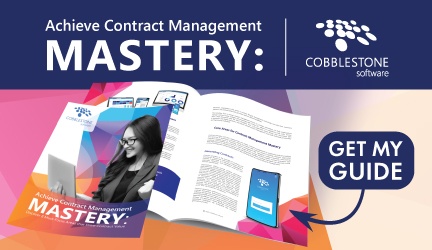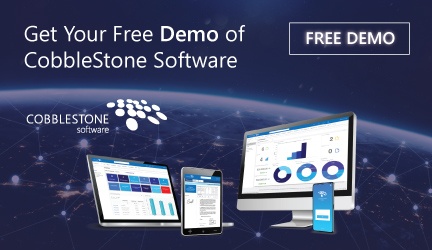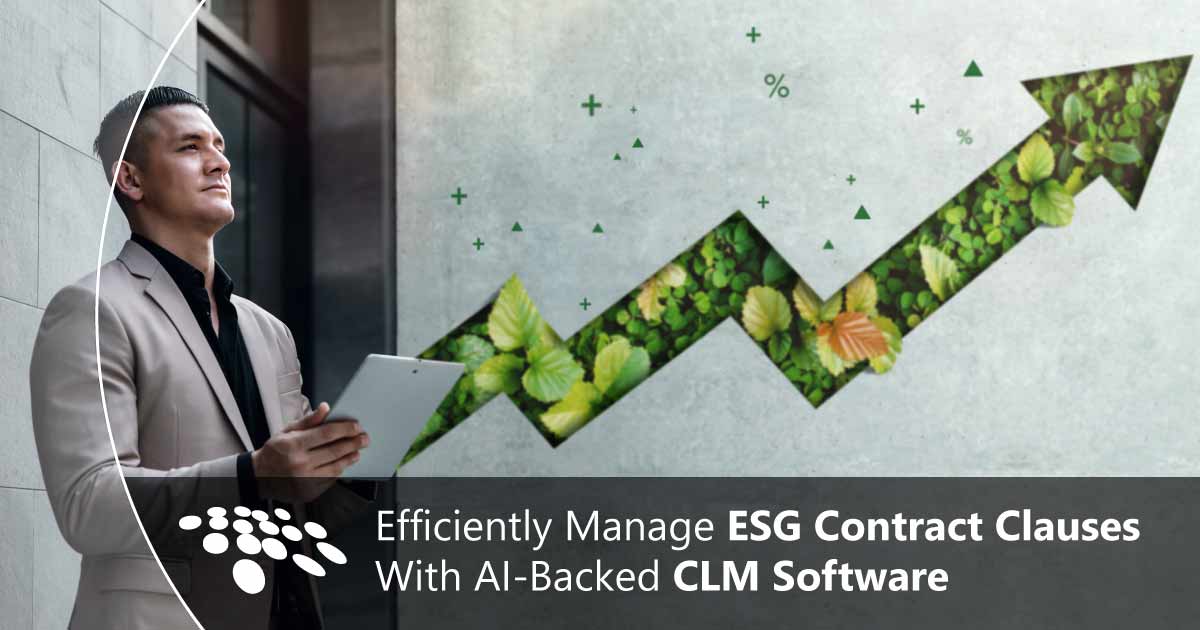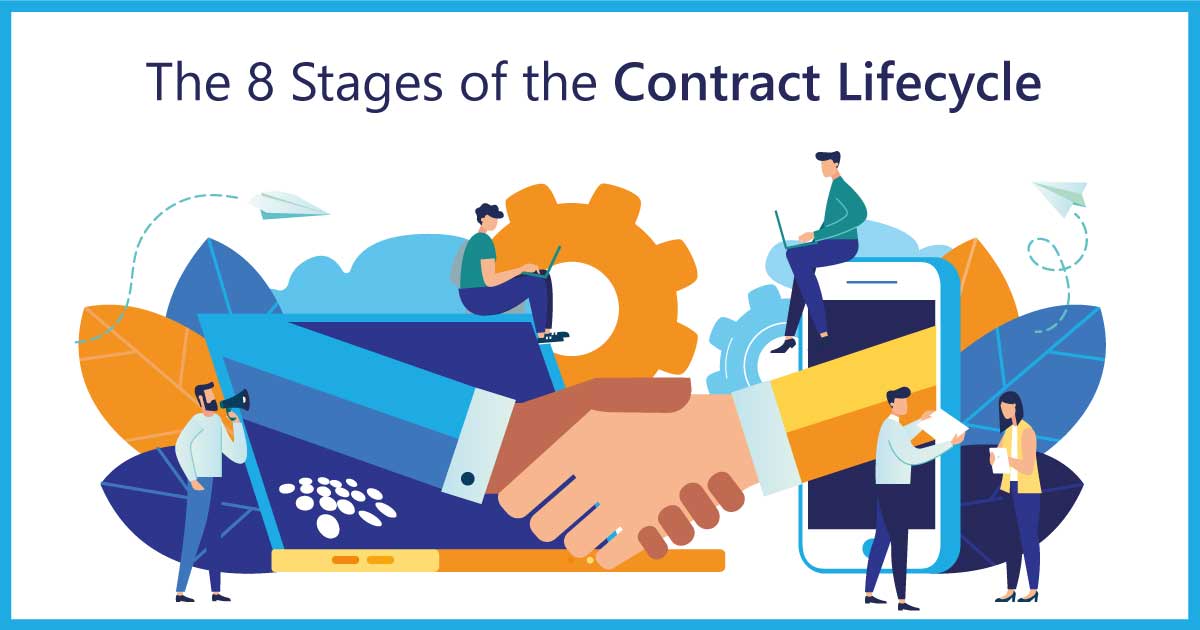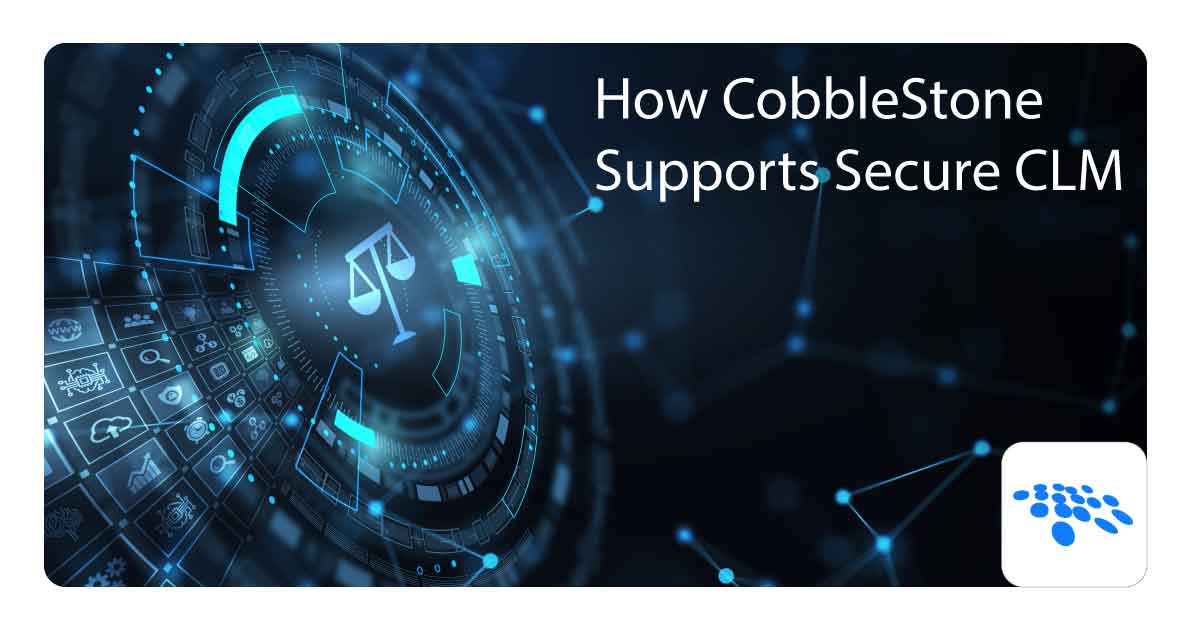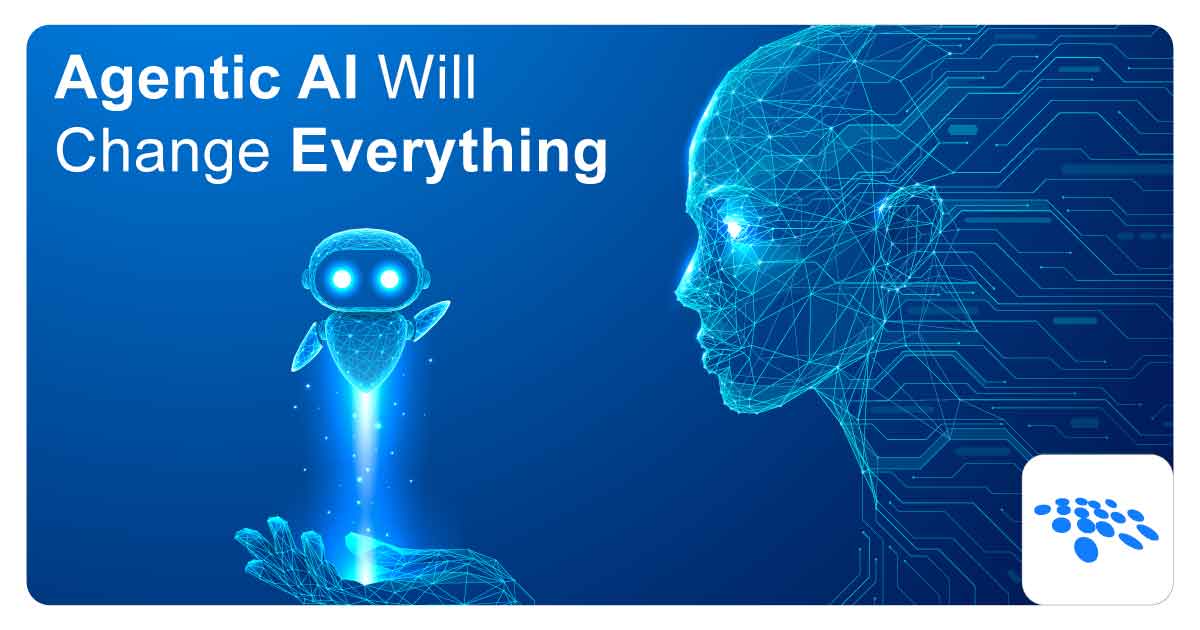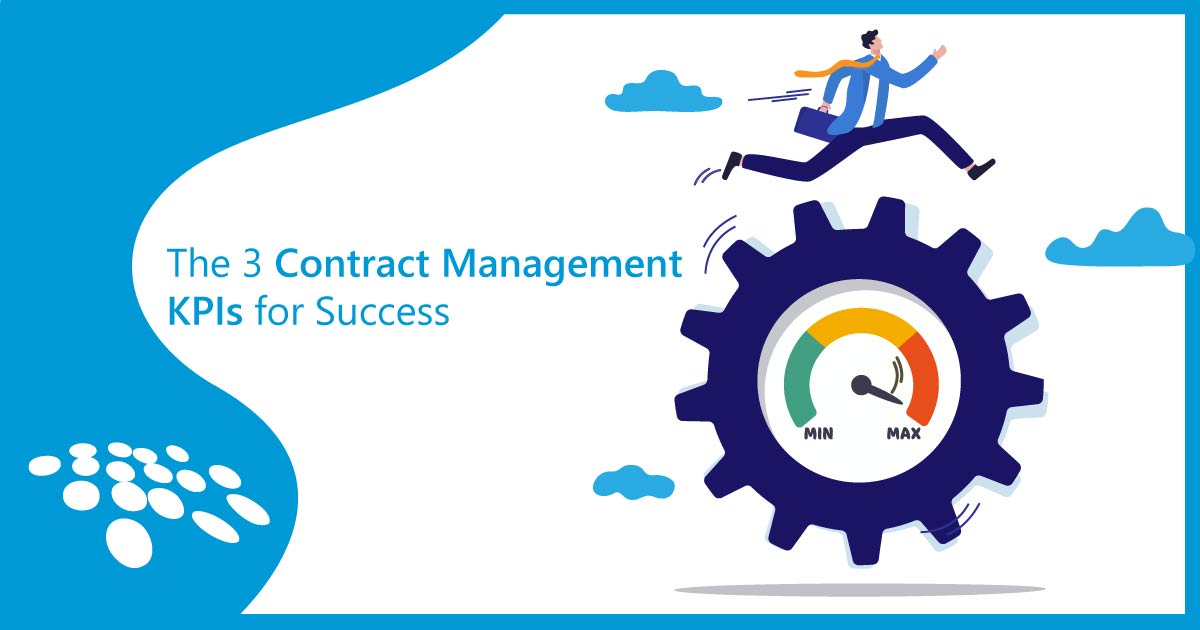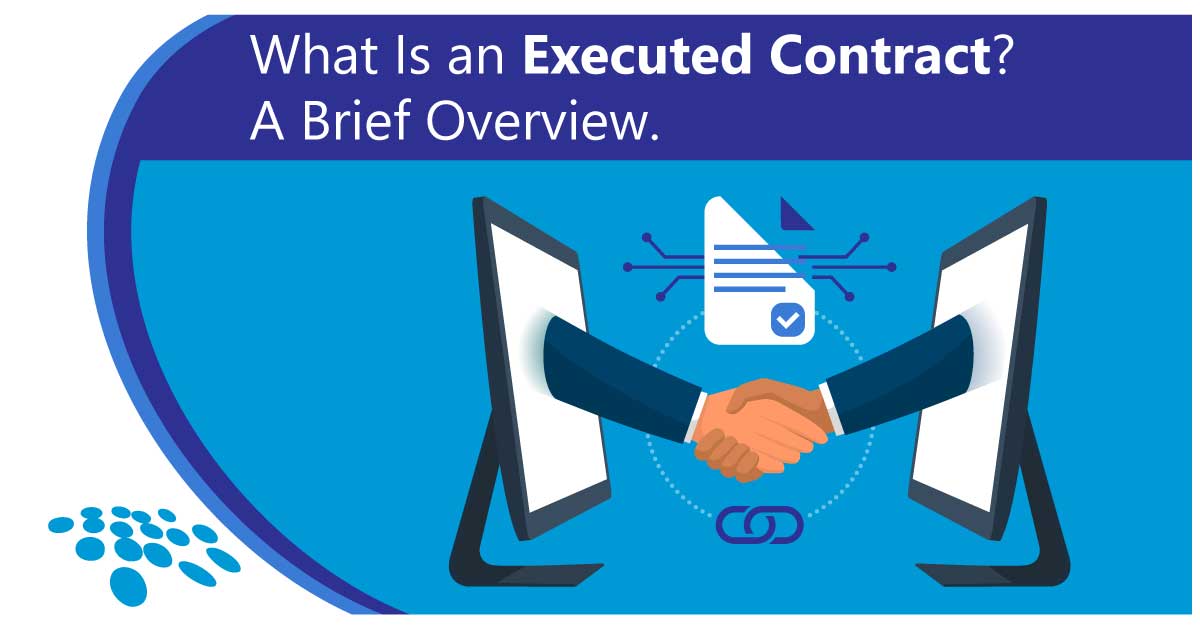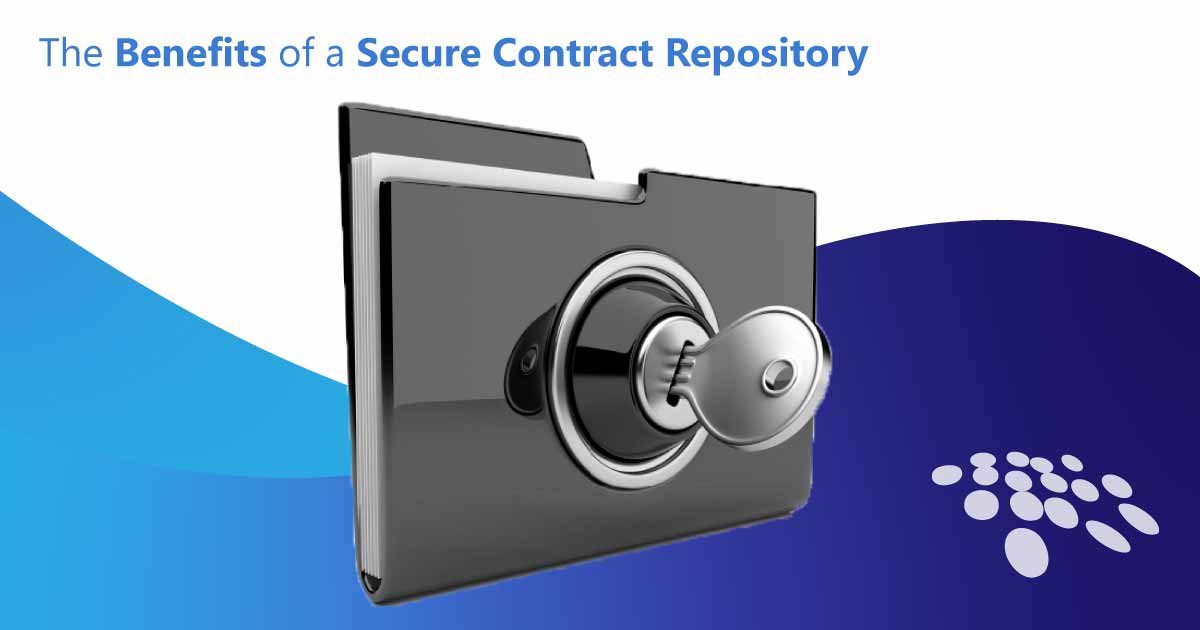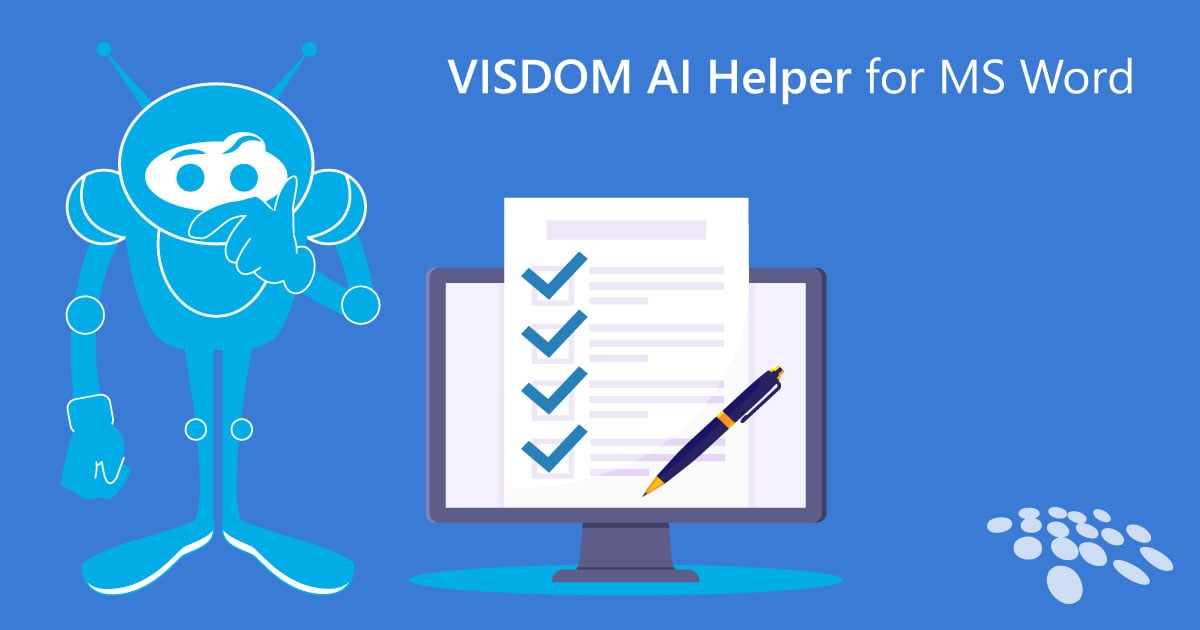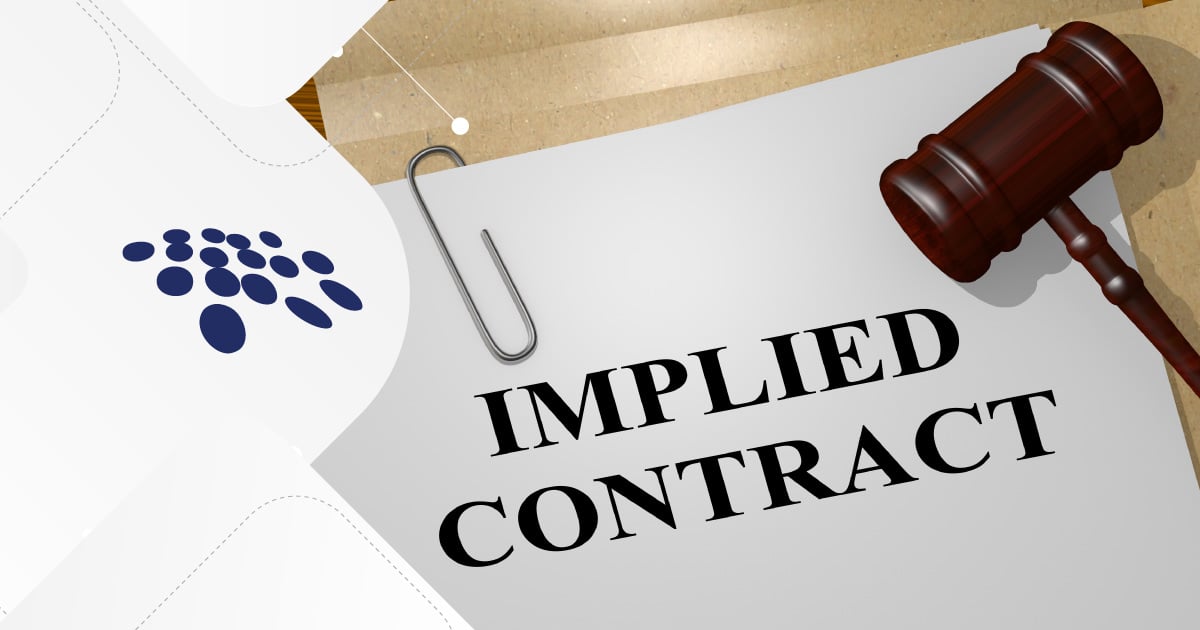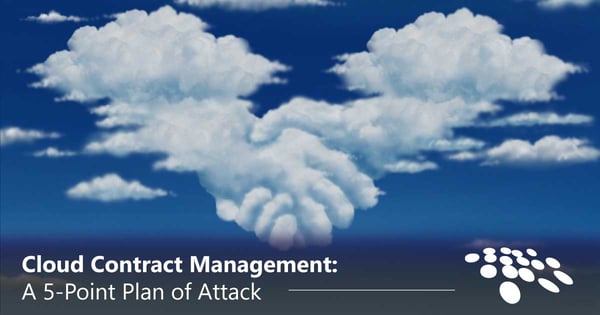
Cloud-based contract management is revolutionizing the way legal teams and other contract professionals handle their agreements. Cloud-based CLM supports streamlined processes, increased visibility, enhanced security, and reduced costs. As the demand for efficient, accessible, and cost-effective contracting processes grows, cloud-based approaches are emerging as the top choice for the job. Let’s explore cloud contract management via a simple, five-point plan to save time and money on legal operations.
#1 - Define Cloud Contract Management
Cloud contract management is the use of cloud-based contract technologies to manage the stages of the contract lifecycle - from creation and negotiation to execution and contract renewing. This approach provides a centralized, digital space for storing, accessing, and tracking contracts. Cloud contract management serves to replace traditional methods such as paper filing systems, local servers, and shared drives. Cloud-based CLM supports enhanced collaboration, process automation, and scalability.
#2 – Explore the Benefits of Cloud Contract Management
There are several benefits of cloud-based contracting processes.
- Enhanced Visibility: A cloud contract repository can store contracts in a centralized location. As such, contracting professionals can enjoy easy access and optimization. This repository functionality reduces the risk of misplacing crucial contract documents and automates contract search and retrieval.
- CLM Process Automation: Cloud contract management reduces the need for manual data entry and time-consuming administrative tasks. Contracting process automation allows for faster contract creation, negotiation, and approvals - increasing operational efficiency and tightening lifecycles. Automation of notifications for key dates and milestones allows businesses to avoid missed deadlines, renewals, and expirations.
- Increased Security: Cloud CLM supports user permissions configuration and access controls. It also supports contract database backups and disaster recovery - protecting sensitive contract data from unauthorized access or data loss.
- Cost Savings: In removing the costs of physical storage, supporting contract analytics for consistent financial oversight, and empowering team members to take hold of automating CLM processes, cloud contract management can lead to significant cost savings for businesses.
- Reduced Risk/Increased Compliance: Cloud contract administration helps organizations maintain compliance with industry regulations and internal policies. Visually engaging risk assessment mapping and alerts help contract managers tackle risk proactively and before it is too late.
#3 – Know Core Features of Cloud-Based CLM Software
To embrace cloud contract oversight, organizations need cloud-based contract management software. Some key features of a cloud-based contract management system are outlined below.
- Approved Templates & Clause Library: Cloud contract management solutions offer standard templates and clauses. Users can configure these for easy insertion and metadata mapping to simplify contract creation, promote language consistency, and reduce the potential for errors.
- Electronic Signatures: Integrated electronic signature software functionality automates contract signing for faster, more secure contract execution. E-signatures save time, money, and resources that would have been exhausted via wet signatures, postage, emailed signatures, and other disjointed processes.
- Team Collaboration Features: Collaboration and communication tools - such as in-app messaging, comprehensive version tracking, and contract auto-redlining - support seamless teamwork during the contract lifecycle.
- Intelligent Workflow Automation: Automated notifications and reminders help businesses track contract milestones and deadlines – virtually ensuring timely task performance. Administrators can assign tasks to various team members and seamlessly configure convenient specifications – including who to escalate a task to in the event that the assigned employee is not completing it.
- Reporting & Analytics: In-depth reporting and analytics provide valuable insights into contract performance, budget and financial information, and task administration to enable organizations to make data-driven decisions regarding present and future contracts.
#4 - Choose the Right Cloud-Based Contract Management Solution
When selecting a cloud contract management system, there are several key factors to consider. This decision involves an important investment, after all.
First, teams should consider industry-specific needs. Some CLM platforms cater to specific industries -providing tailored features and functionality. Others are industry-agnostic and provide a host of features for a variety of industries. Companies should ensure the platform they choose aligns with their industry's unique requirements.
Another huge factor to consider is scalability. As an organization grows, it needs a platform that can scale with it. The chosen system must accommodate an expanding user base, increased contract volume, and dynamic contract complexity.
Integrations and connectors should also be a priority. Centralization is key to digital transformation, so organizations are advised to make sure the chosen CLM software platform integrates seamlessly with existing solutions, such as CRMs, ERPs, and accounting systems. This centralization boosts contract management software ROI and helps ensure efficient data flow and reduced manual tasks.
The provider’s reputation for customer service is important as well. A consumer-oriented provider will help with problem-solving via a concierge experience to meet an organization’s needs.
Pricing options should be compared so that companies can choose a platform that offers increased ROI – not an exorbitant cost to the point of lost revenue. Though cost is important – it should not be the deciding factor. After all, there is a high price of low-cost contract management that will decrease revenue and efficiency in the long run.
#5 - Employ Cloud Contract Management Software Best Practices
Once an organization has adopted a cloud CLM software system, there are best practices that will help reap the highest possible contract software ROI. For the purpose of this blog post, let’s break down five of such best practices.
- Employ a Clear Strategy: Before using a cloud contract management system, companies should develop a clear plan of attack that outlines business objectives, use cases of features, and any necessary process tweaks. Stakeholders from various departments should be engaged on some level for a holistic approach to CLM.
- Train the Team(s) Handling Contracts: CLM software users within an organization must be well-versed in using the new cloud contract management platform. Administrators and decision-makers should coordinate and provide training and resources. There should be an established culture of continuous learning and improvement to maximize contract software ROI with the evolution of the space(s).
- Establish a Contract Repository: With teams caught up to speed on strategy and system navigation, teams can then organize existing contracts and upload them to the new cloud CLM system. As such, organizations can create a centralized repository for all contract-related documents, files, and attachments. This database should be maintained consistently to ensure ease of access and collaboration as contract complexity and volume grow.
- Standardize Templates, Clauses, & Workflows: Teams should develop standardized templates and guidelines for contract lifecycle management to promote consistency, efficiency, and compliance. There should be an establishment of a pre-approved template and clause library to automate collaboration processes within an organization.
- Analyze & Monitor CLM: Companies should review the performance of their cloud contract management process both in real-time and periodically. Teams should identify key areas for improvement and adjustment at a glance with engaging reporting features and dashboard contract management.
Get Started With Cloud Contract Management
Now that you have a five-point plan of attack on how to manage contracts with cloud-based CLM software, book your free demo today!
*Legal Disclaimer: This article is not legal advice. The content of this article is for general informational and educational purposes only. The information on this website may not present the most up-to-date legal information. Readers should contact their attorneys for legal advice regarding any particular legal matter.




